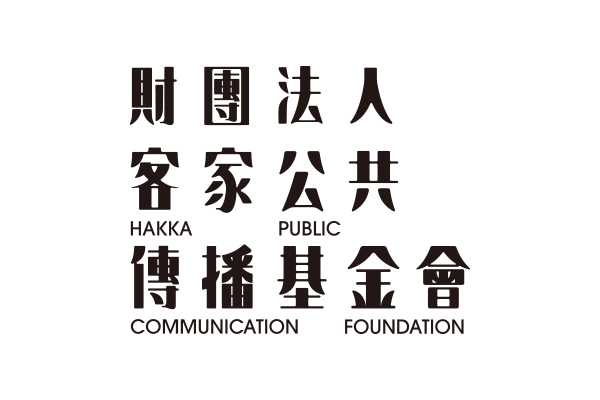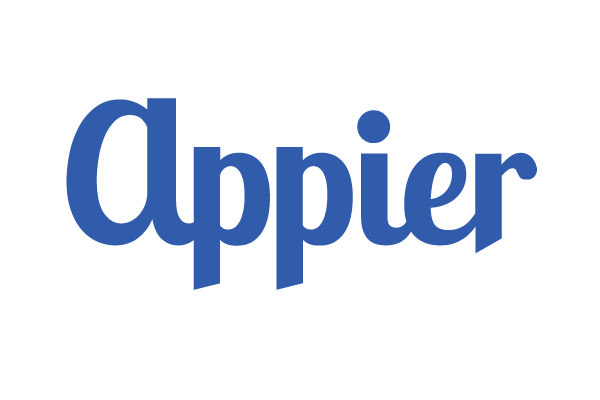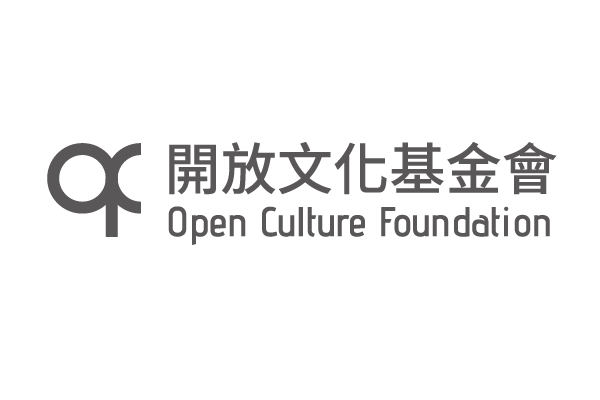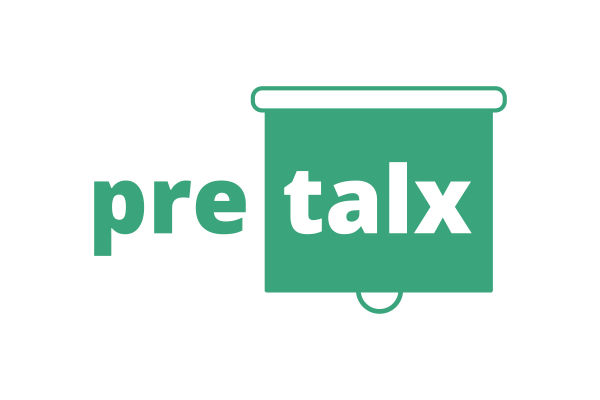In the past few years, we have conducted three field experiments in several hospitals under the sponsorship of the Ministry of Health and Welfare (衛福部) with an Etherum-based Consortium Blockchain. These field experiments led to the development of three blockchain-based applications, namely exchange of electronic medical records, digital consent forms in medical institutions, and sharing of electronic medical records for insurance claim processing. Besides deploying the consortium blockchain and involved smart contracts in the participating hospitals, we have also developed an integrated smartphone App, on both iOS and Android platforms, for users to interact with our smart contracts and the three applications. In this talk, I shall share the lessons we learned from these experiments and explore the real-world challenges to blockchain adoption.
About Kung Chen
Kung Chen is a Professor in the Department of Management Information Systems and Computer Science at the National Chengchi University (NCCU), Taiwan. His current research is focused on the technology and applications of blockchain. Kung leads the NCCU blockchain group that includes four faculty members and several graduate and undergraduate students. In the past few years, the group has developed efficient BFT consensus algorithms and software tools for the Ethereum blockchain, and privacy enhancement technologies, such as zero-knowledge range proof, that can be applied to develop novel blockchain applications. Besides, Kung has participated in several experimental and pilot projects that apply blockchain to address the needs in healthcare and financial industries since 2017. Prior to joining NCCU in 2003, Kung worked in the software industry for a few years, and taught at National Taiwan University of Science and Technology and Tatung University. He completed his Ph.D. in Computer Science at Yale University in 1994, and his thesis research is in the area of functional programming languages.
























